Japanese Chief Cabinet Secretary Hirokazu Matsuno said on March 27 that the country's embassy in Beijing had been informed by local authorities that "a Japanese man in his 50s was arrested in Beijing earlier this month on charges of violating Chinese law."
Although he did not provide detailed information such as identity, position, workplace, time of arrest or what crime he was arrested for, Mr. Matsuno asked China to "immediately release the Japanese citizen".
"We also request China to allow this man to access Japanese diplomatic officials. The Japanese government is doing everything possible to allow this man to contact relevant parties," the Japanese Chief Cabinet Secretary stressed.
The Chinese Foreign Ministry later said that the reason they arrested the Japanese citizen was because they were suspected of "espionage activities". "We are holding a Japanese citizen on suspicion of engaging in espionage activities, violating China's criminal law and anti-espionage law," said Mao Ning, a spokeswoman for the Chinese Foreign Ministry, on March 27.
Ms. Mao Ning added that China is a country of law, all foreign citizens must obey the country's laws and those who commit crimes will be prosecuted according to the law.

Japanese government spokesman Hirokazu Matsuno demanded that China immediately release the Japanese citizen. Photo: Reuters
Astellas Pharma, a multinational pharmaceutical company headquartered in Japan, has acknowledged that the man detained in Beijing is an employee of the company. The pharmaceutical company has also not disclosed any information about the detained man, including whether he worked in China.
"We are waiting for notification from the Japanese Ministry of Foreign Affairs," a spokesman for the pharmaceutical company Astellas Pharma emphasized.
The AP news agency said the latest arrest has shocked Japanese businesses investing in China. Investors from the cherry blossom country are worried about the risks of doing business in the world's most populous country.
As is customary in China, charges involving national security are not made public and trials are held behind closed doors. In most cases, even when a verdict is reached, details of the case remain confidential.
AP said there have been more than a dozen other cases involving Japanese citizens with business or other ties to China who have been arrested on various charges, including espionage.
In October 2019, Chinese authorities arrested a Japanese professor on suspicion of spying. He was released and returned to Japan the following month.
In March 2020, China’s Foreign Ministry said it had arrested a Chinese national who was teaching at a university in Japan. Beijing said the man later confessed to spying for Tokyo.
Last year, China also detained a Japanese diplomat but released him after several hours of questioning, prompting a strong reaction from the Japanese Foreign Ministry.
Source








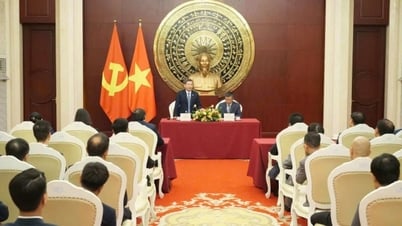

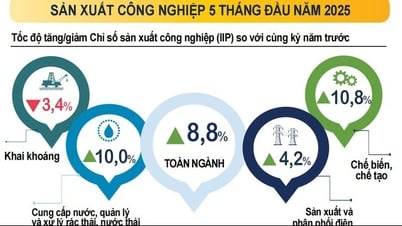
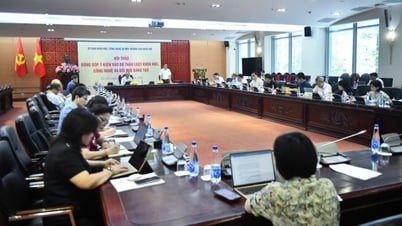
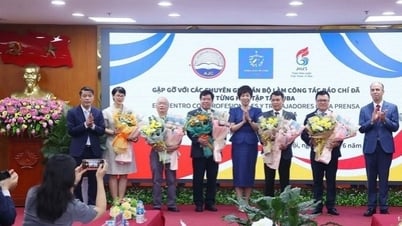

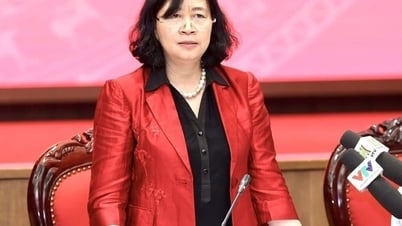












![[Photo] Nearly 104,000 candidates in Hanoi complete procedures to take the 10th grade entrance exam](https://vphoto.vietnam.vn/thumb/1200x675/vietnam/resource/IMAGE/2025/6/7/7dbf58fd77224eb583ea5c819ebf5a4e)































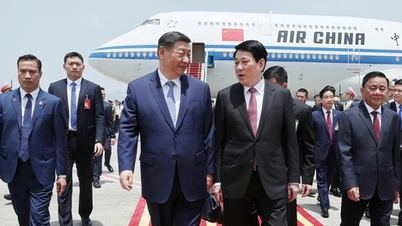
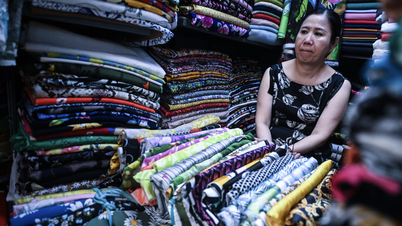








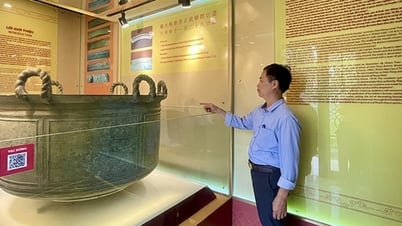






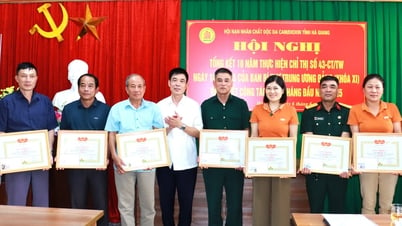









![[OCOP REVIEW] Tu Duyen Syrup - The essence of herbs from the mountains and forests of Nhu Thanh](https://vphoto.vietnam.vn/thumb/402x226/vietnam/resource/IMAGE/2025/6/5/58ca32fce4ec44039e444fbfae7e75ec)





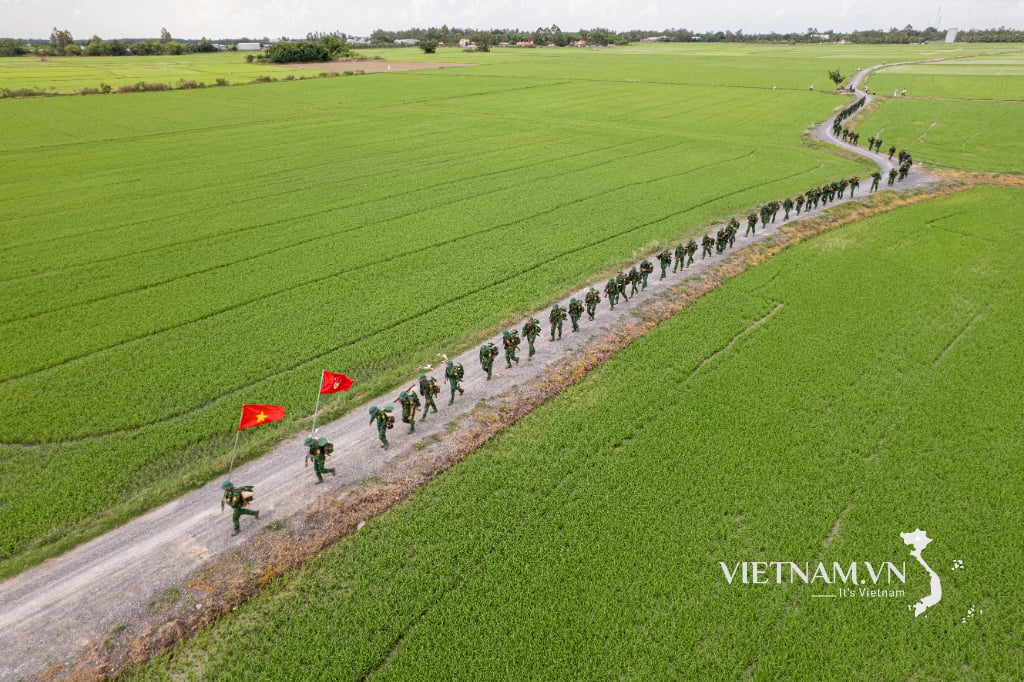

Comment (0)